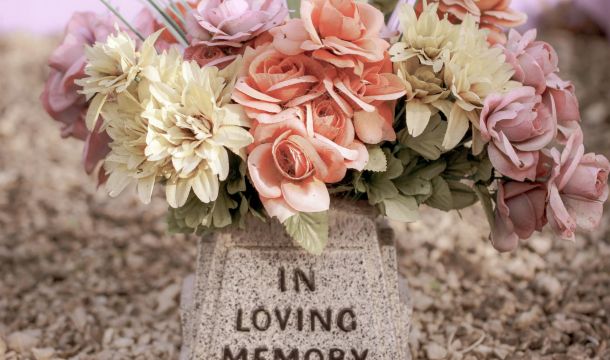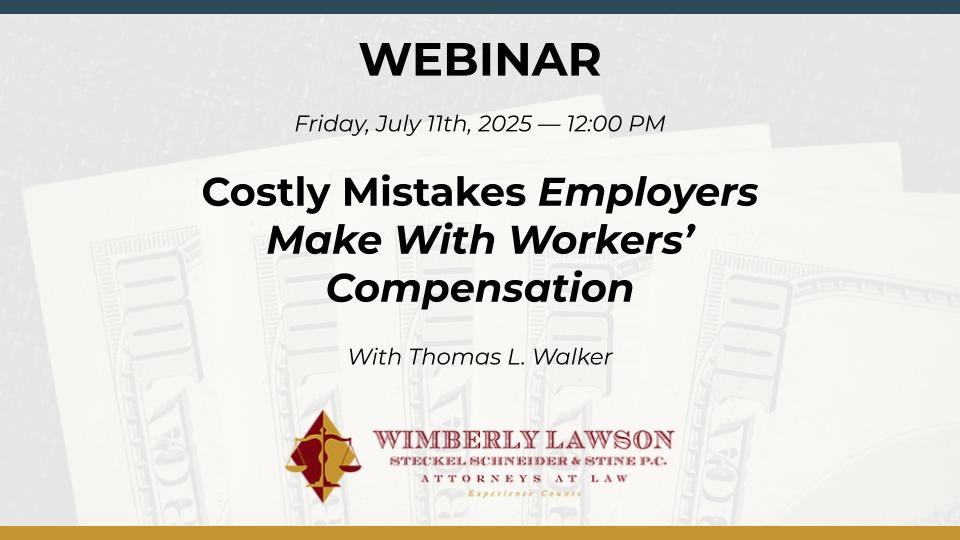The latest information from public health officials is that the COVID-19 sickness curve is on the upswing, so it is likely that those companies that still have workers on site will have someone come forward and say that they have been infected by coronavirus. When that happens, what should the employer do?
Remove the employee from the workplace immediately. Talk to the employee and find out the following information:
- The department or area they worked in;
- The names of employees who worked within 6 feet of the employee, ate lunch with the employee, took smoke breaks with the employee, carpooled with the employee, or otherwise came into close contact with them;
- Have they been tested? If yes, have they received test results?
After receiving this information, the employer should:
- Notify the employees who were in close contact with the sick employee that they may have been exposed to COVID-19 and send them home. Do not reveal the name of the infected individual.
- In addition, if a sick employee is suspected or confirmed to have COVID-19, follow the CDC cleaning and disinfection recommendations.
https://www.cdc.gov/coronavirus/2019-ncov/community/organizations/cleaning-disinfection.html
Then there is the issue of return to work--when does an employer let an employee with confirmed COVID-19, or who have suspected COVID-19 (e.g., developed symptoms of a respiratory infection [e.g., cough, sore throat, shortness of breath, fever] but did not get tested for COVID-19) return to work?
The CDC has provided guidance regarding the return to work of health care workers, who are among the most likely to be exposed to COVID-19. That guidance can be useful when applied to other workers. The CDC offers the following strategies, which depend on whether the worker has been tested for COVID-19:
- Test-based strategy. Exclude from work until
- Resolution of fever without the use of fever-reducing medications and Improvement in respiratory symptoms (e.g., cough, shortness of breath), and
- Negative results of an FDA Emergency Use Authorized molecular assay for COVID-19 from at least two consecutive nasopharyngeal swab specimens collected ≥24 hours apart (total of two negative specimens).
- Non-test-based strategy. Exclude from work until
- At least 3 days (72 hours) have passed since recovery defined as resolution of fever without the use of fever-reducing medications and improvement in respiratory symptoms (e.g., cough, shortness of breath); and
- At least 7 days have passed since symptoms first appeared.
Finally, there are always going to be a few employees who lie about being sick with the coronavirus. (This attorney heard from a client that an employee called in sick with coronavirus--that he claimed had been confirmed by a urine test). At this time, it is better to err on the side of caution and take employees at their word if they say they are infected and remove them from the workplace. If the employer has objective evidence to prove that the employee lied, the employer can consider discipline at a later time.

Kathleen J. Jennings is a former principal in the Atlanta office of Wimberly, Lawson, Steckel, Schneider, & Stine, P.C. She defends employers in employment matters, such as sexual harassment, discrimination, Wage and Hour, OSHA, restrictive covenants, and other employment litigation and provides training and counseling to employers in employment matters.
Related Content
Get Email Updates
Recent Content

Sad News – Mark A. Waschak – September 13, 1963 – June 27, 2025

Heat Safety Rule Appears to Be Moving Forward

Federal Government to Drop Disparate Impact Basis for Discrimination Claims

E-Verify+

How the DOJ and EEOC Guidance Affects DEI Programs




